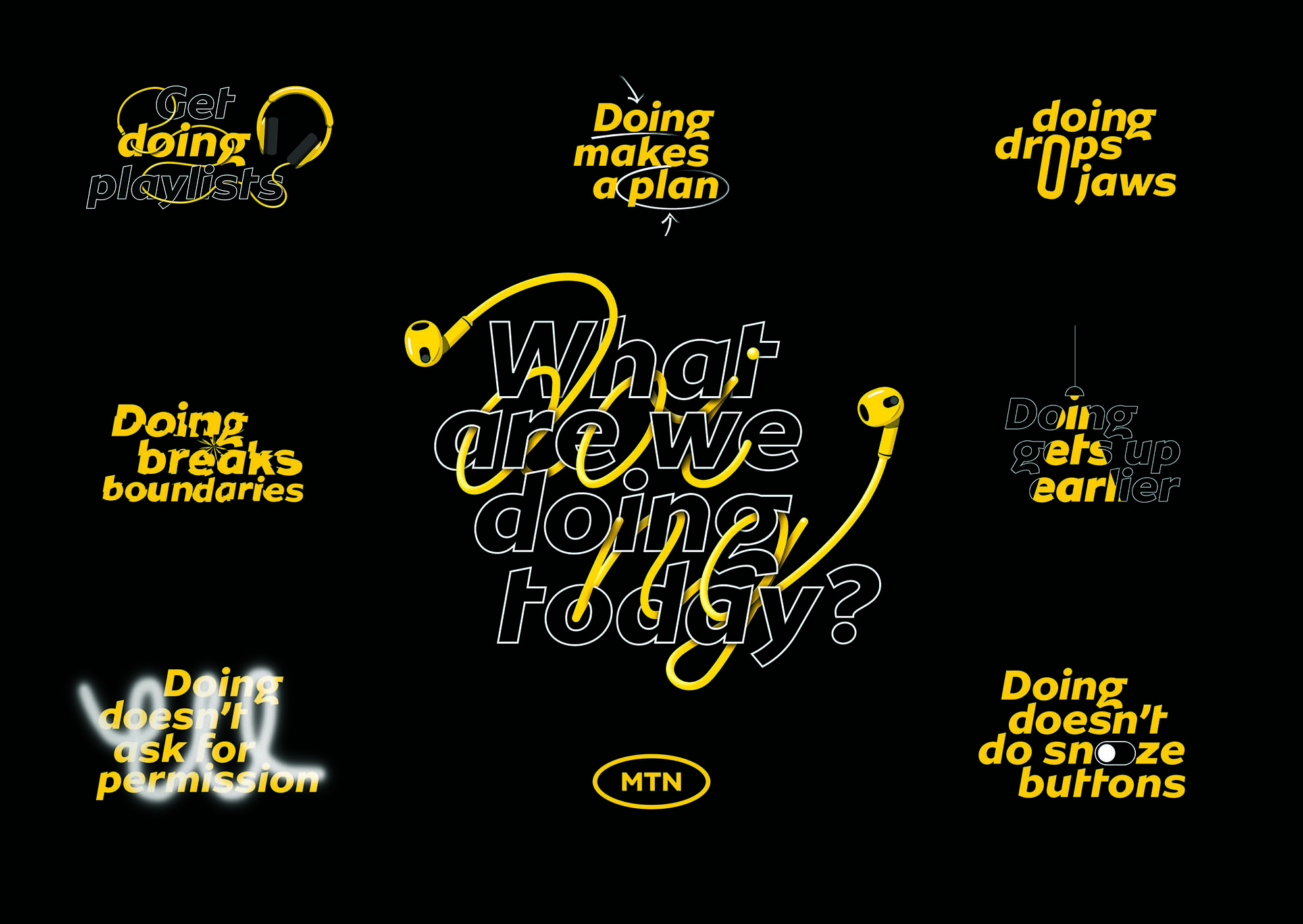What is today? This seemingly simple question holds profound meaning when we delve into its implications. "Today" refers to the current day in our calendar system, which plays a vital role in organizing our lives and understanding time. Whether you're planning your day, setting goals, or reflecting on your achievements, understanding "today" is essential for personal and professional growth.
As we navigate through life, "today" serves as a foundation for decision-making, productivity, and self-improvement. By focusing on the present moment, we can make the most of our time and create a better future. In this comprehensive guide, we will explore the concept of "today," its significance, and how it impacts our daily lives.
This article will cover various aspects of "today," including its definition, historical background, practical applications, and tips for making the most of each day. By the end of this article, you will have a deeper understanding of the importance of "today" and how to embrace it fully.
Read also:Unveiling The Lives Of Bob And Erin Leavitt A Comprehensive Look At Their Ages And Legacy
Table of Contents
- Definition of "Today"
- Historical Background of the Concept of "Today"
- Why "Today" Matters
- Practical Applications of "Today" in Daily Life
- Time Management and "Today"
- Boosting Productivity Today
- Mindfulness and Living in the Present
- Common Challenges in Focusing on "Today"
- Tips for Making the Most of "Today"
- Conclusion
Definition of "Today"
At its core, "today" refers to the current day in the Gregorian calendar, which is widely used across the world. It represents the present moment in time, distinct from "yesterday" and "tomorrow." Understanding the definition of "today" is crucial for effective time management and goal-setting.
According to the Cambridge Dictionary, "today" is defined as "this day, as opposed to yesterday or tomorrow." This simple yet powerful concept serves as a framework for organizing our lives and ensuring that we remain focused on the present.
Variations of "Today" in Different Languages
While the concept of "today" is universal, its expression varies across languages and cultures. For example:
- In Spanish, "today" is "hoy."
- In French, "today" is "aujourd'hui."
- In German, "today" is "heute."
These linguistic differences highlight the global significance of "today" as a shared human experience.
Historical Background of the Concept of "Today"
The concept of "today" dates back to ancient civilizations that developed calendar systems to track time. The Sumerians, Egyptians, and Romans all contributed to the creation of calendars that eventually evolved into the modern Gregorian calendar used today.
For example, the Roman calendar introduced the concept of dividing time into days, months, and years, which laid the foundation for our modern understanding of "today." Over centuries, these systems have been refined to provide greater accuracy and consistency.
Read also:Bernie Sanders Wife Net Worth 2023 A Comprehensive Guide To Jane Omeara Sanders Wealth And Influence
Evolution of Time Measurement
The evolution of time measurement has played a significant role in shaping our understanding of "today." Early methods, such as sundials and water clocks, gave way to mechanical clocks and eventually digital technology. These advancements have enabled us to measure time with unprecedented precision, enhancing our ability to focus on the present moment.
Why "Today" Matters
"Today" is more than just a word; it represents a powerful opportunity to make meaningful progress in our lives. By focusing on the present moment, we can achieve greater productivity, improve our mental well-being, and build a better future.
Research from sources like Harvard Business Review highlights the importance of embracing "today" as a tool for personal and professional growth. Studies show that individuals who prioritize the present moment tend to experience higher levels of satisfaction and success.
Psychological Benefits of Focusing on "Today"
Psychologists emphasize the benefits of living in the present moment. For instance:
- Reduced stress and anxiety.
- Improved focus and concentration.
- Increased happiness and fulfillment.
By concentrating on "today," we can cultivate a more positive mindset and achieve greater balance in our lives.
Practical Applications of "Today" in Daily Life
Understanding "today" is not just theoretical; it has practical applications in our daily routines. From setting goals to managing time effectively, embracing "today" can transform the way we approach life.
For example, many successful individuals adopt the "one-day-at-a-time" philosophy, which encourages them to focus on the present moment rather than worrying about the future or dwelling on the past.
Implementing "Today" in Goal-Setting
When setting goals, it's essential to break them down into manageable tasks that can be accomplished "today." This approach ensures steady progress and prevents feelings of overwhelm. By focusing on what can be achieved in the present moment, we can build momentum and achieve long-term success.
Time Management and "Today"
Effective time management is closely tied to the concept of "today." By prioritizing tasks and allocating time wisely, we can make the most of each day. Techniques such as the Pomodoro method and time-blocking can help individuals stay focused and productive throughout "today."
Research from Stanford University demonstrates that individuals who practice time management strategies tend to experience greater work-life balance and higher levels of achievement.
Tools for Managing "Today"
Various tools and apps can assist in managing "today" more effectively. Some popular options include:
- Trello for task organization.
- Google Calendar for scheduling.
- Forest for staying focused.
These resources can help individuals stay on track and make the most of their time.
Boosting Productivity Today
Productivity is closely linked to how we approach "today." By adopting strategies such as prioritization, delegation, and mindfulness, we can enhance our ability to accomplish tasks efficiently.
According to a study published in the Journal of Applied Psychology, individuals who focus on "today" tend to experience higher levels of productivity and job satisfaction.
Productivity Hacks for "Today"
Here are some actionable tips for boosting productivity today:
- Start your day with a clear plan.
- Break tasks into smaller steps.
- Take regular breaks to recharge.
These strategies can help you stay focused and productive throughout the day.
Mindfulness and Living in the Present
Mindfulness is the practice of being fully present in the moment, which aligns perfectly with the concept of "today." By cultivating mindfulness, we can improve our mental well-being and enhance our ability to embrace the present moment.
Research from the American Psychological Association highlights the benefits of mindfulness, including reduced stress, improved emotional regulation, and increased resilience.
Mindfulness Exercises for "Today"
Here are some mindfulness exercises to practice today:
- Meditation for 5-10 minutes.
- Deep breathing exercises.
- Journaling to reflect on the present moment.
These practices can help you stay grounded and focused on "today."
Common Challenges in Focusing on "Today"
Despite its importance, focusing on "today" can be challenging for many people. Distractions, stress, and competing priorities often make it difficult to stay present. However, by recognizing these challenges, we can develop strategies to overcome them.
For example, setting boundaries and practicing self-discipline can help individuals stay focused on the present moment and avoid distractions.
Overcoming Distractions Today
To overcome distractions, consider the following tips:
- Turn off notifications on your devices.
- Create a dedicated workspace.
- Set specific times for checking emails and messages.
These strategies can help you stay focused and make the most of "today."
Tips for Making the Most of "Today"
To fully embrace the concept of "today," consider implementing the following tips:
- Start your day with a clear intention.
- Prioritize tasks based on importance and urgency.
- Practice gratitude for the present moment.
- Stay flexible and adapt to changes as needed.
By adopting these practices, you can make the most of each day and create a better future for yourself.
Conclusion
In conclusion, "today" is a powerful concept that plays a vital role in our daily lives. By understanding its definition, historical background, and practical applications, we can make the most of each day and achieve greater success and fulfillment.
We encourage you to take action by implementing the tips and strategies discussed in this article. Share your thoughts and experiences in the comments below, and don't forget to explore other articles on our website for more valuable insights.


